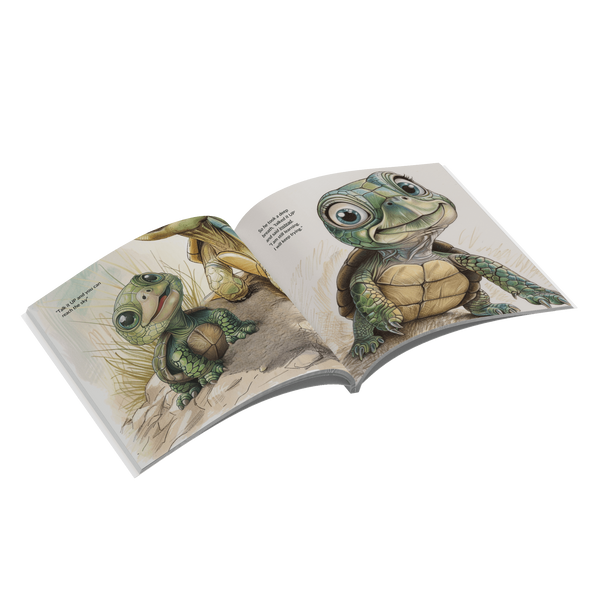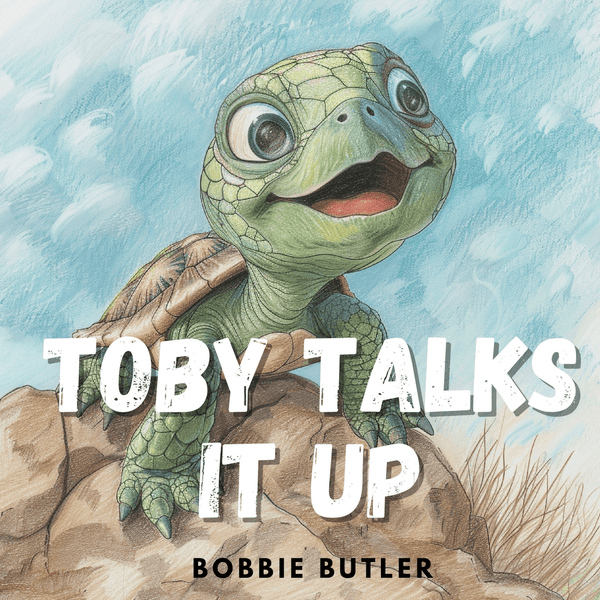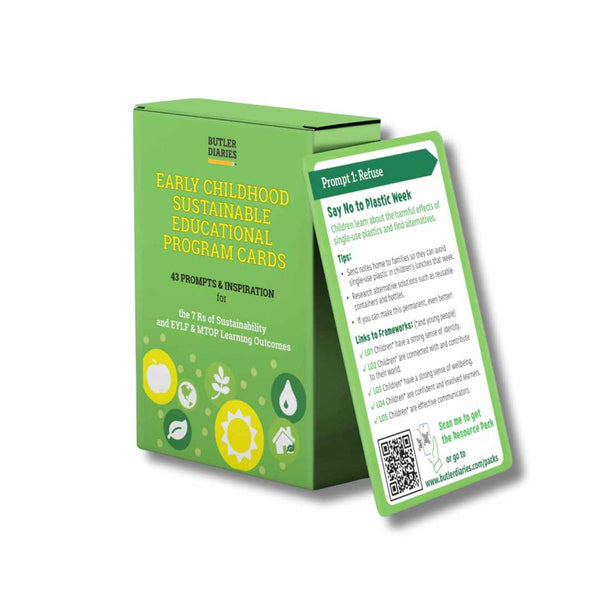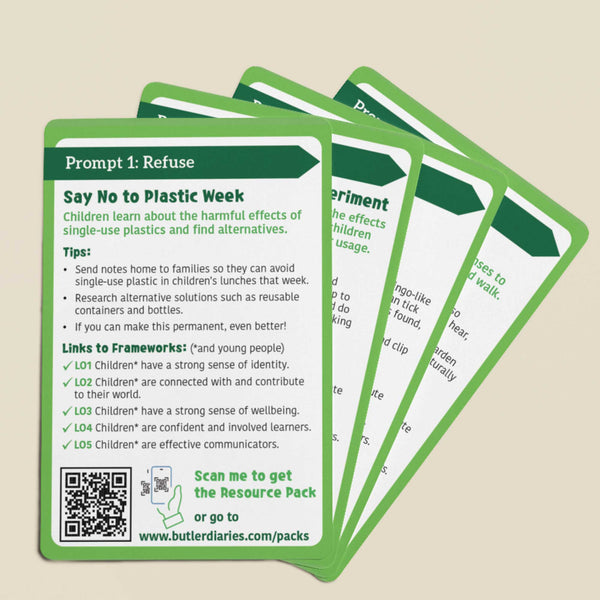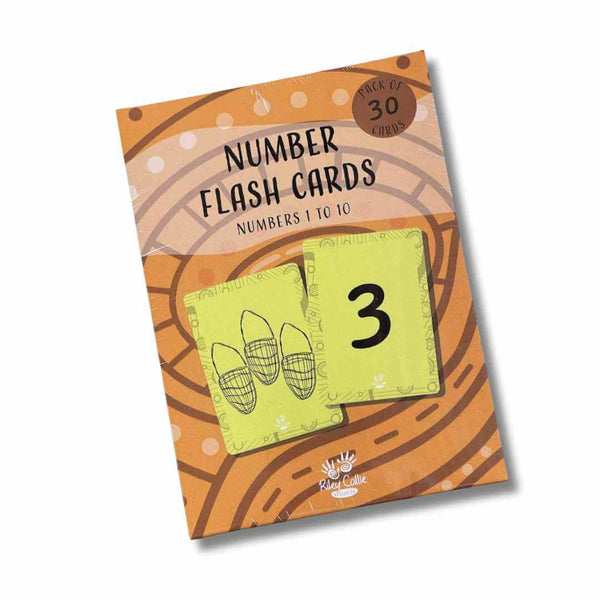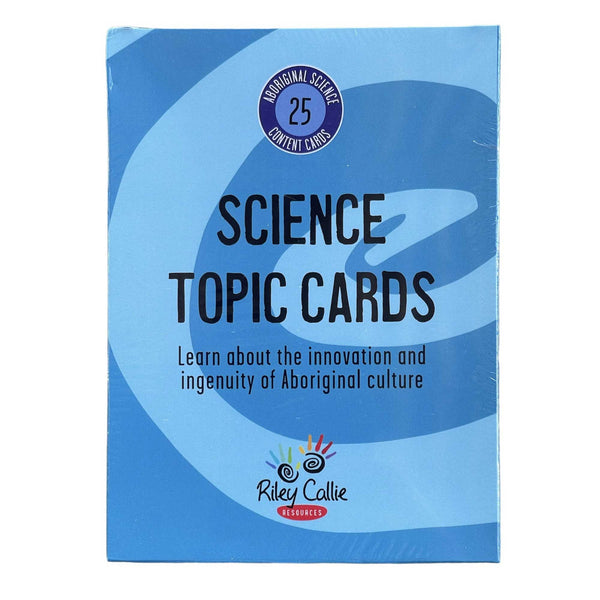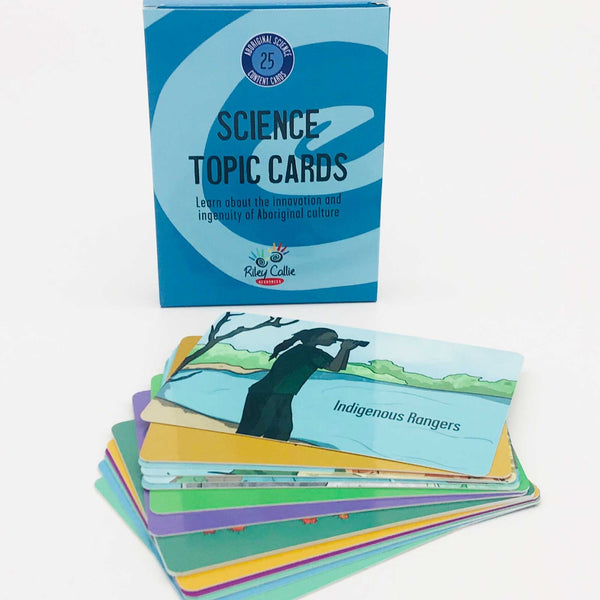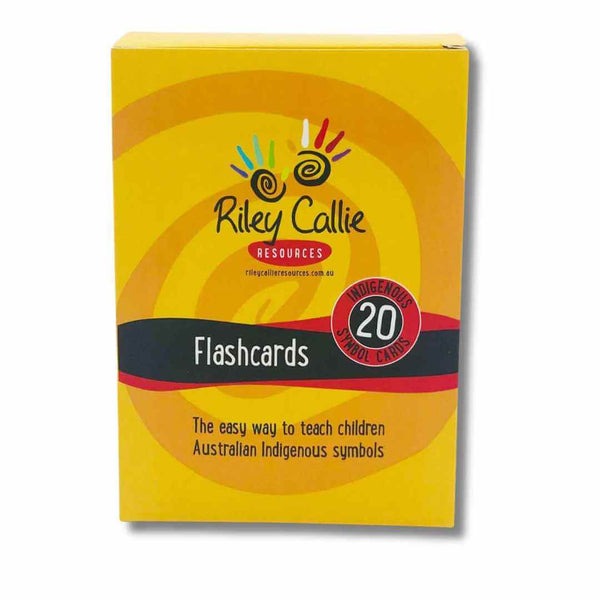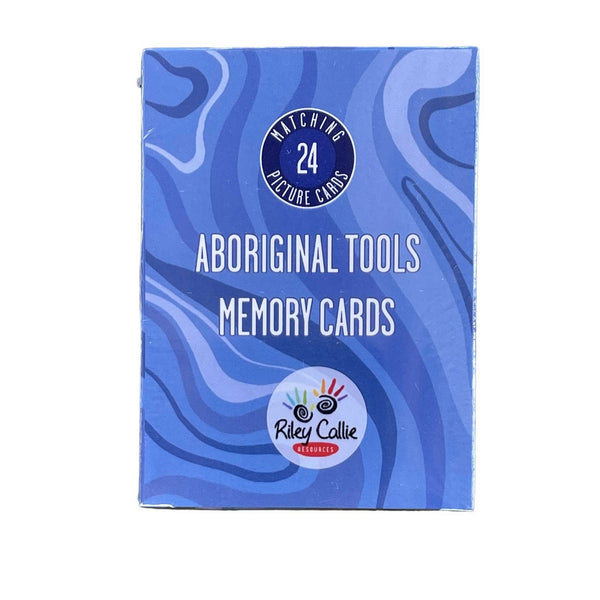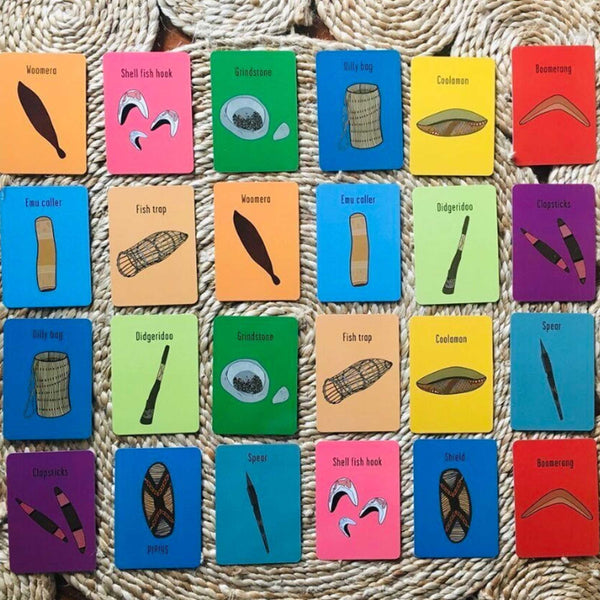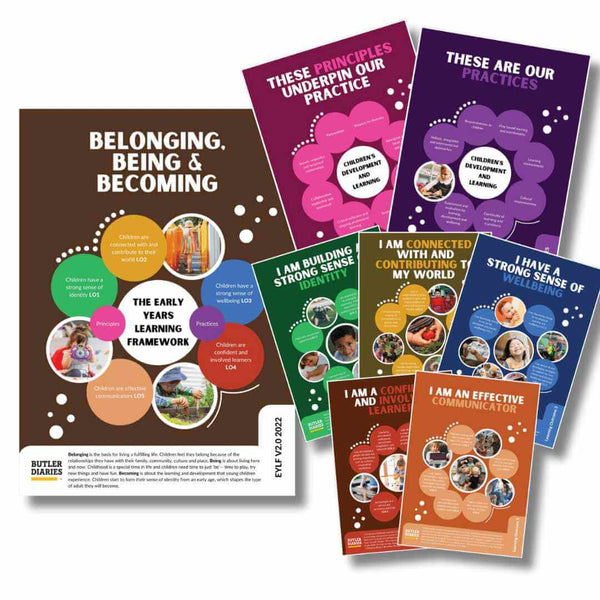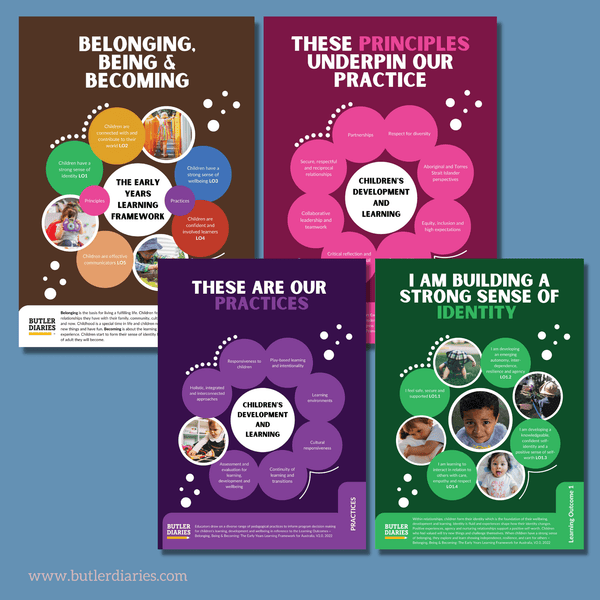Are the children loving Bobbie’s Doggy Daycare Diary?
Extend on the story ‘Bobbie’s Doggy Daycare Diary’ by creating your own Diaries. Children can express themselves and share their Daycare experiences in their very own Diary. Children will foster early language and literacy skills and foster their sense of identity and emotional development. Recalling their day and experiences strengthens memory, encourages reflection and helps link learning. Folding, stapling, writing and drawing all strengthen physical skills.
Instructions:
1) You can use any paper for the activity including recycled paper.
2) Depending on the size of the Diaries you want to create and how much paper you have, follow a diagram below to fold the paper.
3) Use a stapler to staple papers along the ‘spine’.
Children can now start writing in their Diary!


NQS, Developmental and EYLF Connection for This Activity
Enhanced Cognitive Development: By engaging in tasks that require reflection and memory recall, children develop critical cognitive skills. These activities support the NQS aim to provide educational programs that enhance children’s learning and development.
Promotion of Language and Literacy Skills: Activities such as this encourage an interest in reading and writing, aligning with the NQS focus on fostering communication and language development.
Support for Emotional and Social Development: Learning a new way to express oneself fosters emotional development, building self-regulation skills and an understanding of other’s feelings. This aligns with NQS and its focus on emotional and social development.
Encouragement of Creativity and Expression: Allowing children to openly express themselves supports the NQS’s emphasis on fostering children’s creativity and expressive capabilities.
Physical Development and Wellbeing: Activities that involve writing, drawing, stapling or folding enhance fine motor skills, hand-eye coordination, and physical wellbeing, in line with the NQS’s objectives for physical education.
EYLF Outcome 1: Creating a personal diary allows children to express their individuality and reflect on their daily experiences. This process helps them develop a stronger sense of self, as they document their own thoughts, feelings, and activities.
EYLF Outcome 2: By documenting their interactions and experiences, children become more aware of their surroundings and relationships. This activity encourages them to reflect on their role within their daycare environment, fostering a sense of belonging and contribution.
EYLF Outcome 3: The process of creating a diary supports emotional regulation and self-reflection. By expressing their thoughts and feelings through writing or drawing, children can better understand and manage their emotions, contributing to their overall emotional wellbeing.
EYLF Outcome 4: The process of making a diary involves decision-making, problem-solving, and creative thinking. Children engage in planning, organising, and recording information, which enhances their confidence and involvement in learning activities.
EYLF Outcome 5: Keeping a diary encourages children to express themselves through drawing, writing, and storytelling. This practice enhances their literacy skills and supports their ability to communicate ideas, emotions, and experiences effectively.
Related Blog Posts
-
Empowering Children’s Voices: The Children’s Voices Diary from Butler Diaries
-
How to Collect Child Input in Early Childhood Education and Care
-
Creative Cardboard Box Activities for ECEC: Engaging Ideas Linked to EYLF Outcomes
-
12 Engaging Bottle Cap Games for Early Childhood Education and Care (ECEC) – Linked to EYLF









